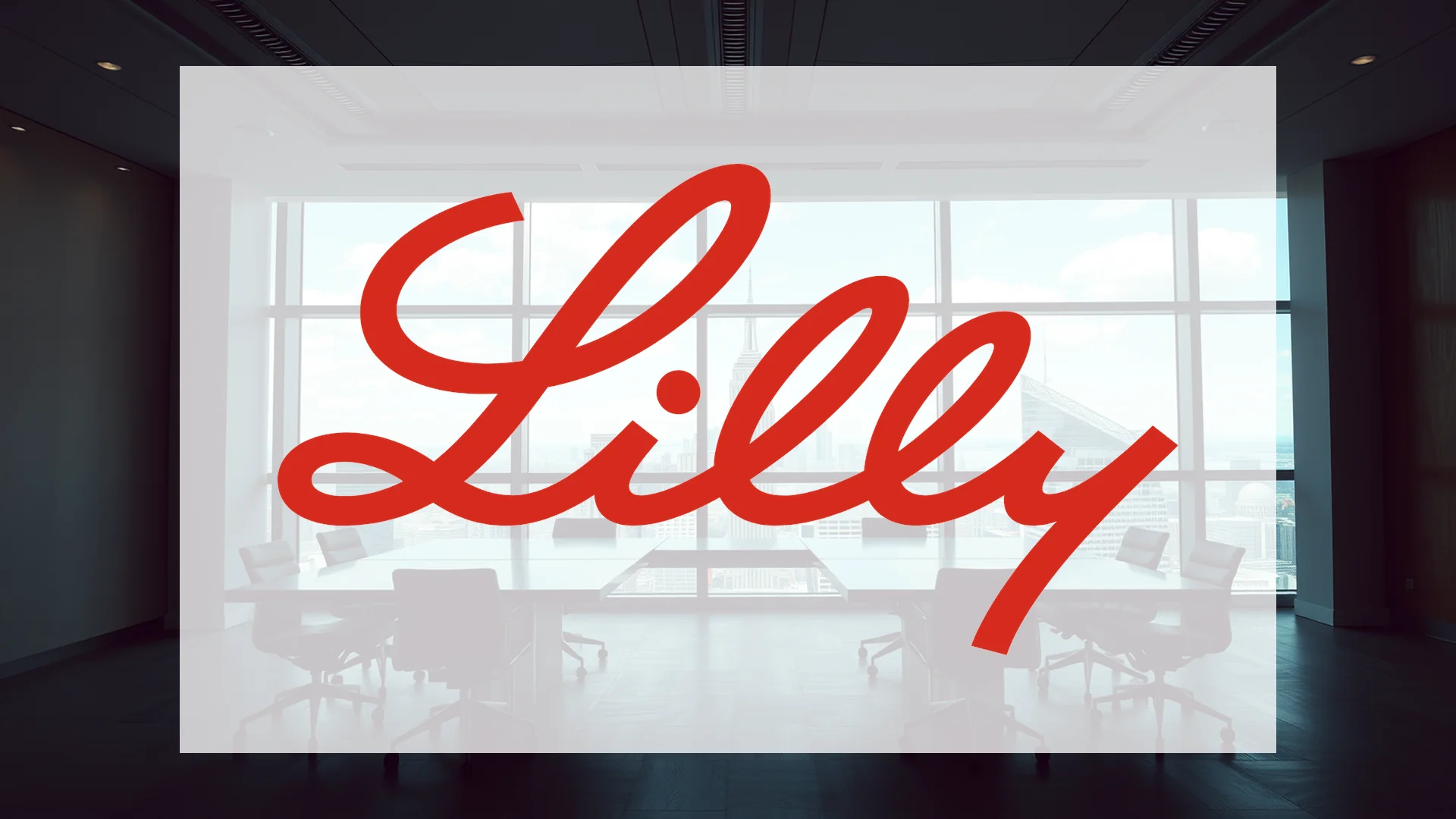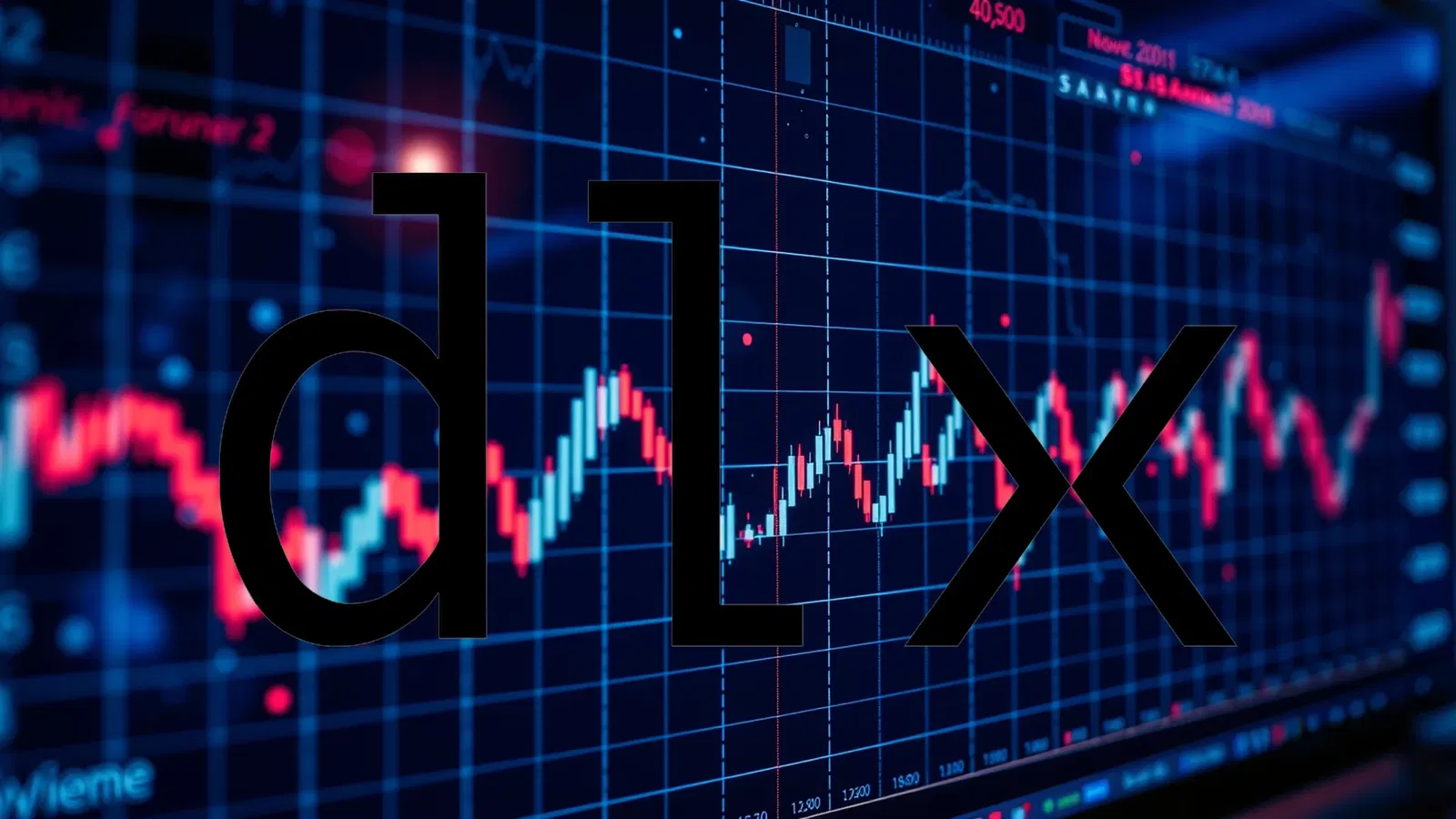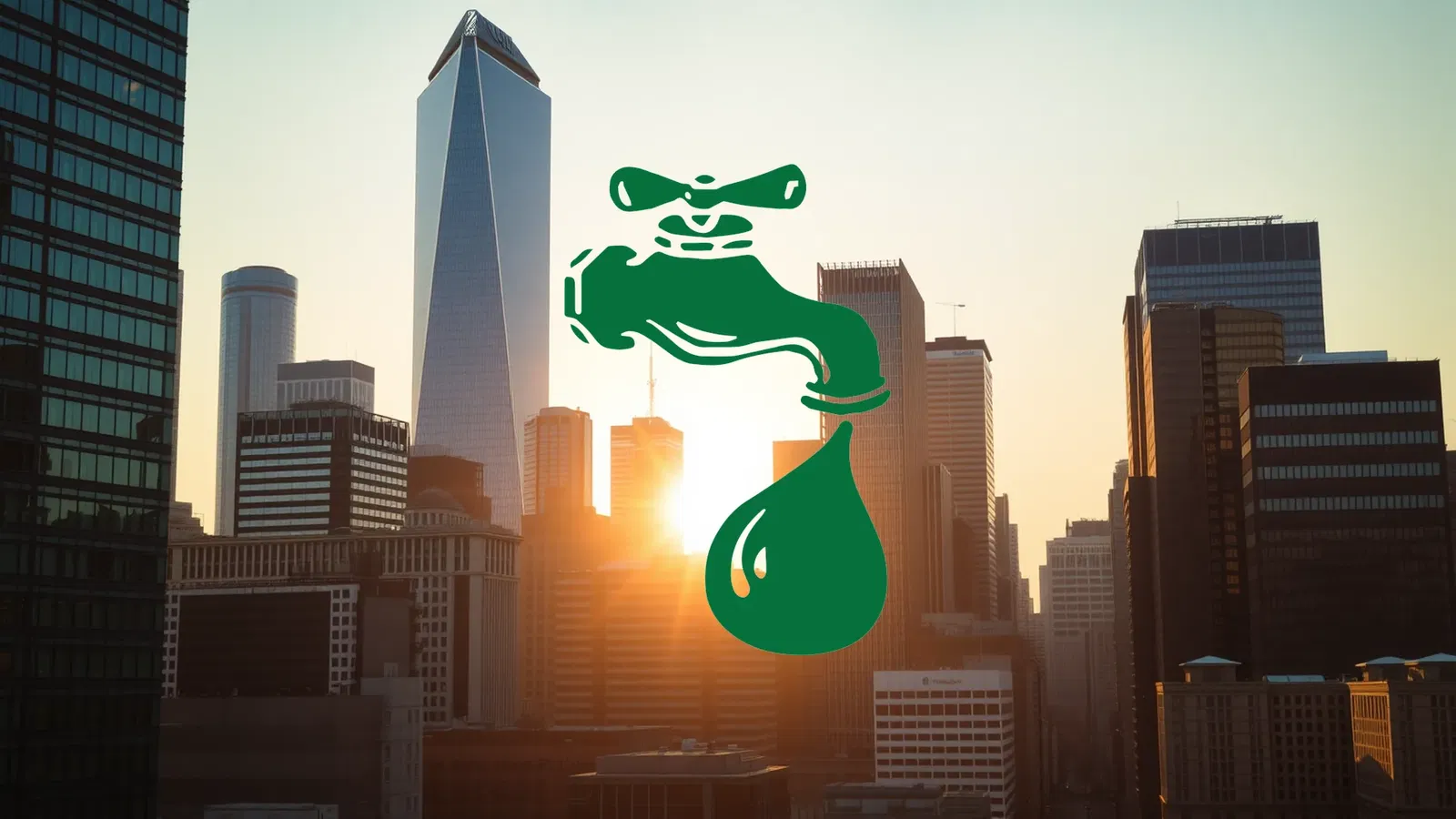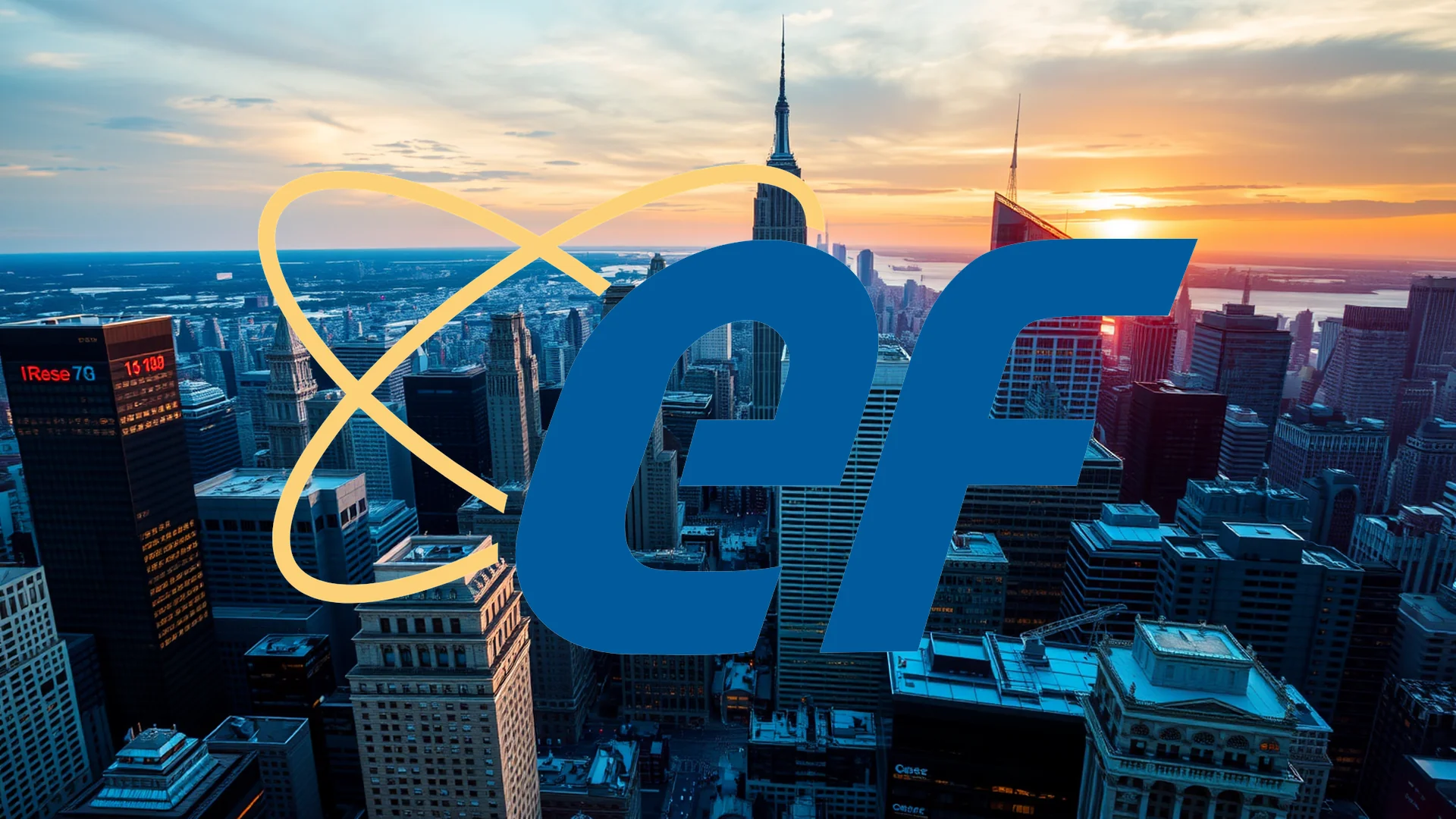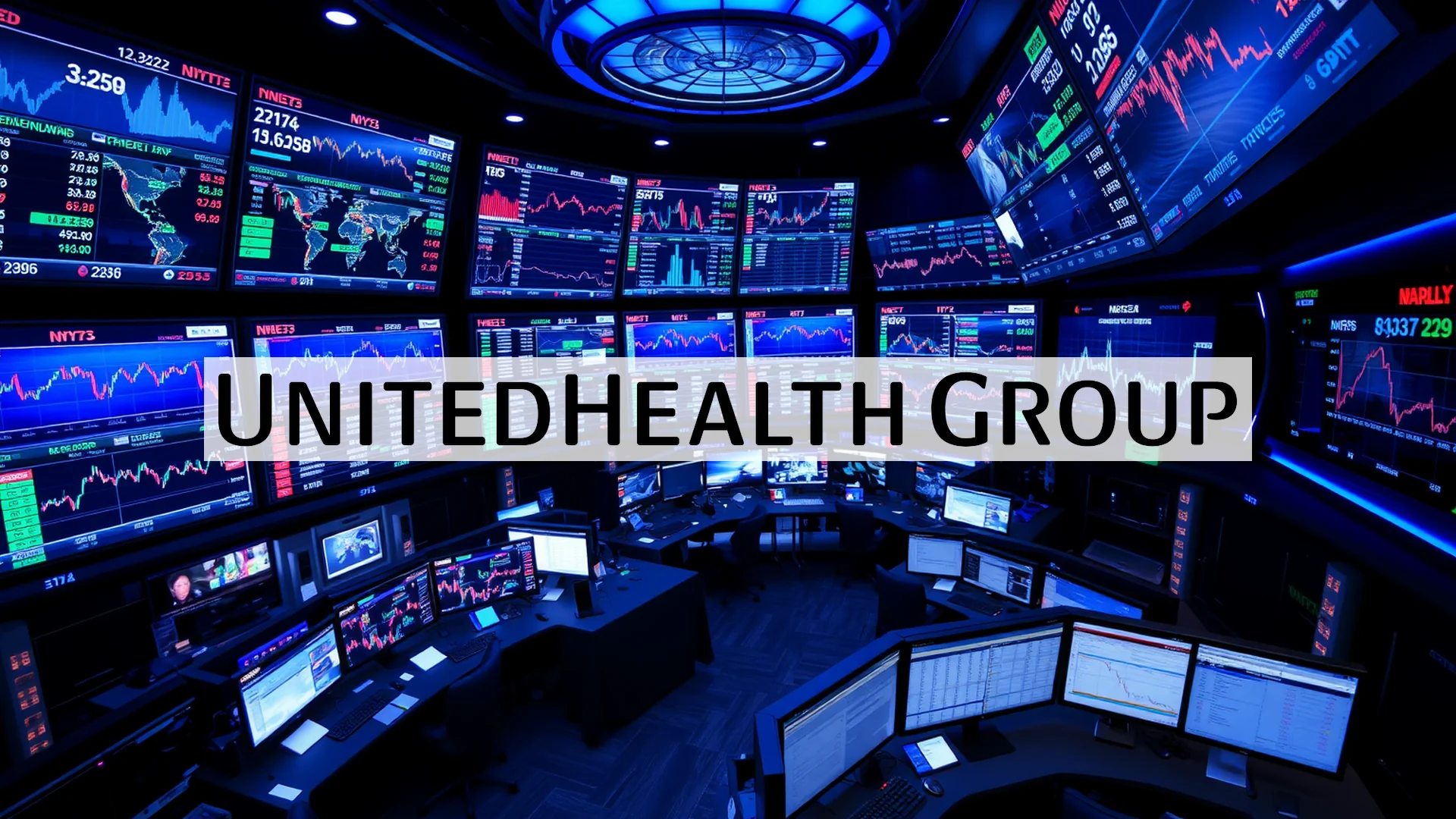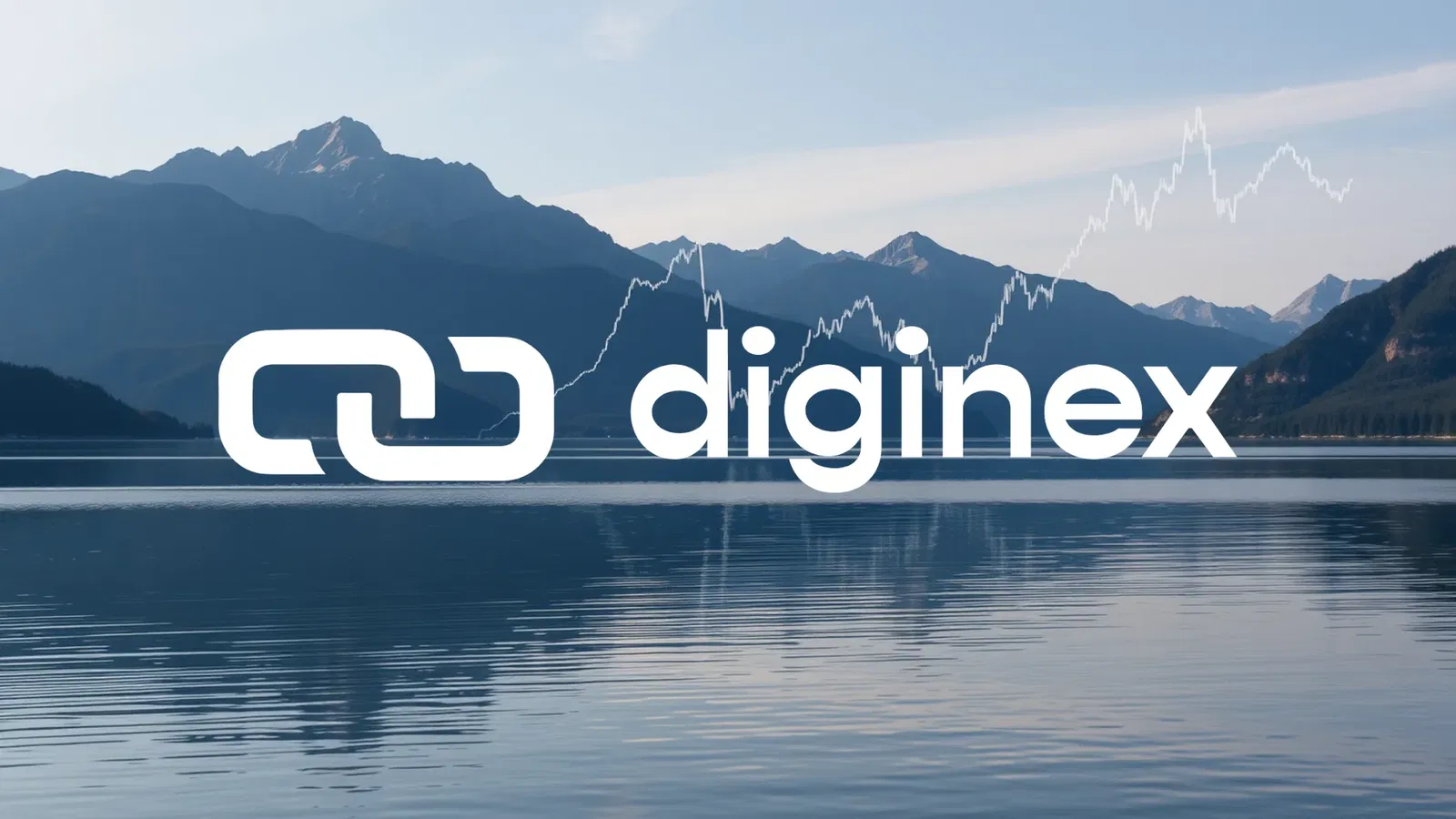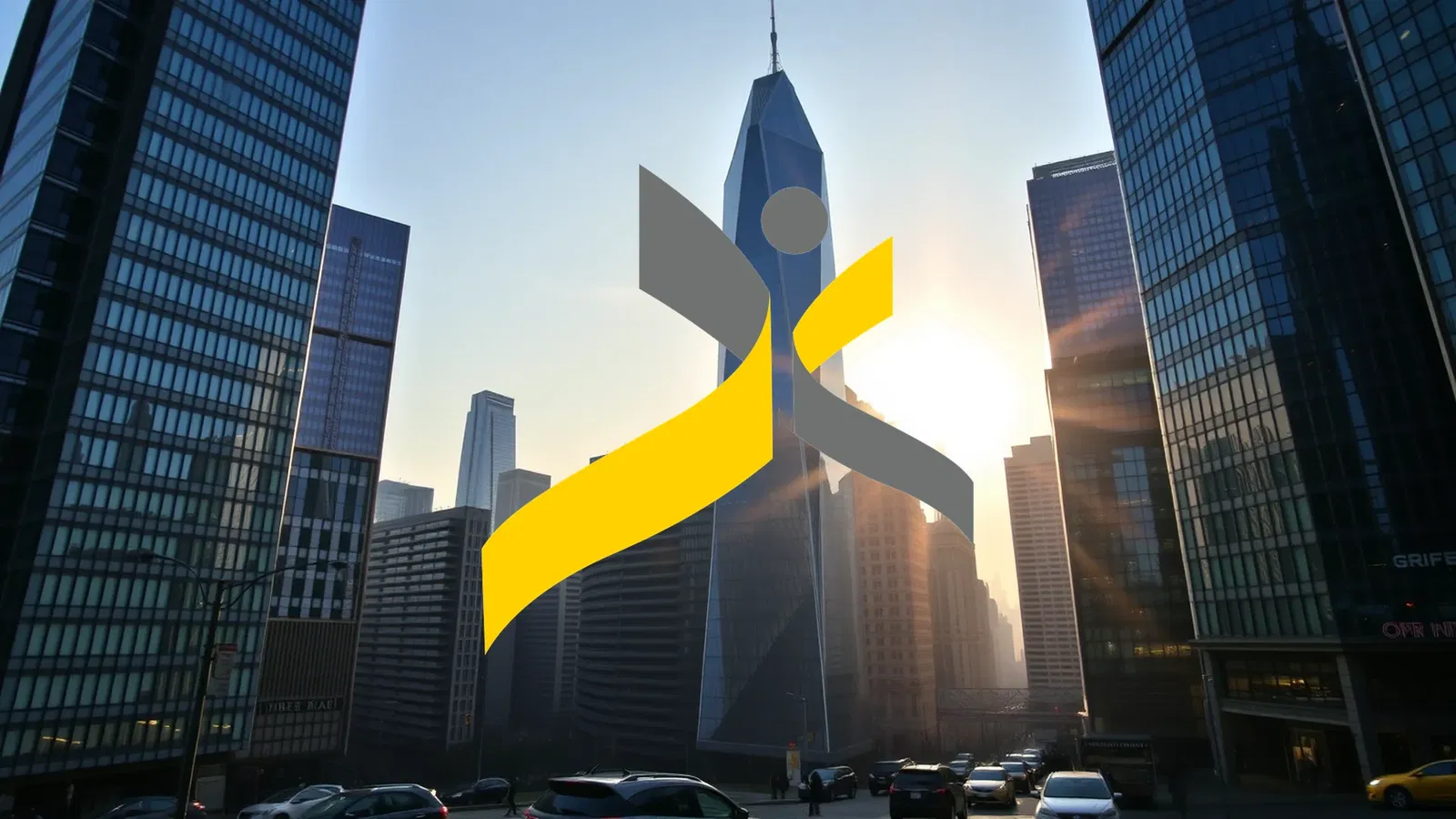The exclusive trillion-dollar valuation club, long dominated by technology behemoths like Apple and Microsoft, has welcomed an unexpected new member. Eli Lilly has made financial history by becoming the first pharmaceutical company ever to surpass the $1 trillion market capitalization threshold. This landmark achievement prompts a crucial question for the market: does this signal the beginning of a transformative era for the healthcare sector?
Exceptional Financial Performance Drives Momentum
The company’s recent quarterly report significantly exceeded Wall Street projections, demonstrating that this valuation reflects substantial operational strength rather than speculative optimism. Revenue surged by an impressive 54% compared to the previous year. Furthermore, adjusted earnings per share outperformed analyst forecasts by more than one dollar.
This explosive growth is primarily attributed to two blockbuster therapies: Mounjaro for diabetes and Zepbound for obesity. Mounjaro alone achieved a remarkable performance, doubling its revenue to exceed $6.5 billion and substantially surpassing market expectations. In response to this robust financial performance, management has proactively raised the full-year revenue guidance. Investor confidence is evident, with the stock reaching a new 52-week high of €920.00 on Friday, establishing a definitive record price level.
Should investors sell immediately? Or is it worth buying Eli Lilly?
Market Analysts Project Continued Growth Potential
While competitor Novo Nordisk has recently faced supply chain volatility, Eli Lilly appears to be executing more effectively in scaling production to meet overwhelming global demand. Market researchers at Citi suggest the upward trajectory is far from complete. They have established an ambitious price target of $1,500 per share, implying a potential future valuation of approximately $1.4 trillion.
The company’s developmental pipeline provides additional grounds for this optimism. Orforglipron, an oral weight-loss medication anticipated for a 2026 launch, represents a significant future growth catalyst. Concurrently, market speculation about a potential stock split is generating additional positive sentiment among the investment community.
Eli Lilly’s market perception has fundamentally shifted from that of a traditional, defensive pharmaceutical holding to a dynamic growth stock. As long as the company continues to capitalize on the lucrative weight-loss market more efficiently than its rivals, bearish perspectives seem increasingly difficult to justify.
Ad
Eli Lilly Stock: Buy or Sell?! New Eli Lilly Analysis from February 7 delivers the answer:
The latest Eli Lilly figures speak for themselves: Urgent action needed for Eli Lilly investors. Is it worth buying or should you sell? Find out what to do now in the current free analysis from February 7.
Eli Lilly: Buy or sell? Read more here...

